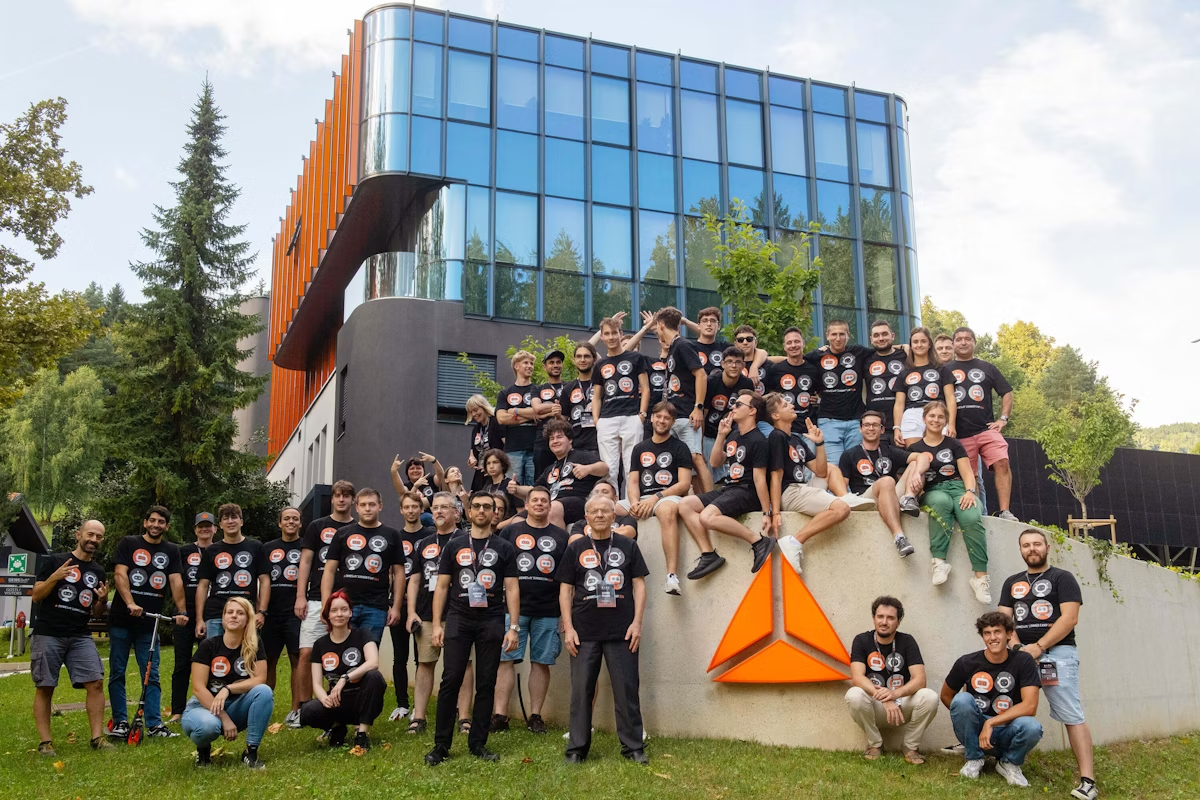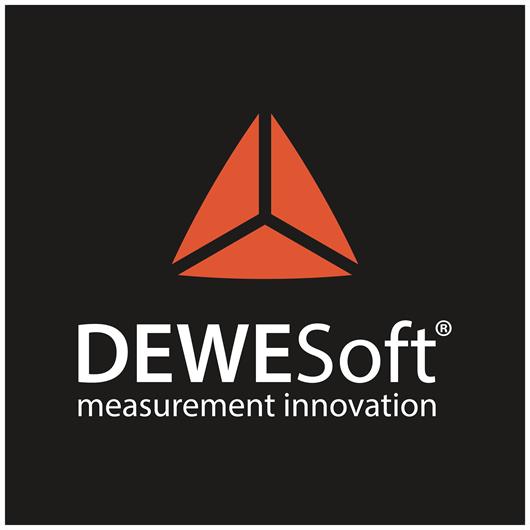 Add My Company
Add My Company
Summer Camp 2024: Reaching for the Stars

says Pedro Alves from Portugal, an aeronautical engineering student at Delft University and member of the AQUILO Rocket Team, evaluating the robot his team made in less than a week at the Dewesoft Summer Camp 2024.
The 3rd Summer Camp
From August 1st to 8th, the annual Dewesoft Summer Camp transpired in Trbovlje, Slovenia. Starting in 2022 as a wholly Italian initiative, it has since developed into an international European event. The camp settings are the facilities of Katapult, a business incubator initiated by Dewesoft and neighboring its headquarters.
Thirty-four students from universities in Austria, France, Germany, Italy, the Netherlands, Poland, Slovenia, and Spain joined this year—more countries were represented as three students were of Portuguese, Czech and Ukrainian nationality. The students came from almost all engineering fields: mechanical, electrical, electronic, industrial, aerospace, computer, mechatronics, and robotics, ranging from first-year students to Ph.D. level.
The robot challenge
This year's challenge was to make a robot. Within the week, the students were to design, create, and animate a likeable, cartoonish robot head that could react to sensor input. At the end of the week, they should present an assembled and functioning robot readily programmed with detailed design schematics.
The students should construct the robot using DewesoftX data acquisition software for sensor data collection and the Dewesoft OBSIDIAN control platform for remote operation and monitoring. Kits with the needed materials and tools were at hand, including wires, adhesives and tape, synthetic fur, servos, power supplies, connectors, cords and cables, soldering irons, screwdrivers, cutters, and five 3D printers.
We had the unique opportunity to utilize openDAQ to control an alpha version of Dewesoft OBSIDIAN and contribute to the test and development of the product,
says Etto Fins, Dewesoft Education Ambassador.
An honor that can happen to very few!
The robot design should prioritize stability and maneuverability. A panel of judges would ultimately evaluate the teams’ outcomes based on performance, creativity, and teamwork. The challenge was designed to enhance the participants’ science, technology, engineering, and mathematics skills, foster creativity, and, not least, encourage teamwork.
Three weeks before the event, the participants received an introduction to the robotics challenge and a list of the tools and materials that would be available. This allowed the students to create preliminary robot concepts in advance.
Based on the proposed creative concepts, the students formed five groups of six to seven to compete for the best solution - all groups a mix of educational backgrounds and nationalities:
-
Team 1: BradiBot - a sloth head combining the Italian word for sloth and robot
-
Team 2: BunBee - robotic head mixing a bunny and a bee
-
Team 3: Wile E. Coyote Robot, the head of the road-runner chasing coyote
-
Team 4: Robotic head of a bear stealing honey, Winnie the Pooh
-
Team 5: Robotic fox, the head of a fox based on aerospace-compliant mechanisms
Training and mentors
Although the time for the challenge was limited, the students also joined a series of presentations in Katapult. The topics included electronics, DAQ and sensors, DewesoftX and Bottango software, CAD and 3D printing, modal testing and analysis, digital signal processing, thermal cameras, NVH applications, and power measurement.
Dewesoft specialists and student camp veterans, like Alberto Boffi, now propulsion engineer at Avio, Tommaso Panseri, and Francesco Miccoli, all from the rocketry team at the Polytechnic University of Milan, assumed the role of team mentors, providing guidance, advice, and practical support.
Also, Mr. Passeri, the Italian special effects artist and film director, was invited as a special guest and shared his lifelong robotics expertise. As did Dr Maša Jazbec and Tanja Hanzič from Katapult Robotics, which aims to spread and popularize knowledge of humanoid robots through events, lectures, and workshops.
The conclusion
All five teams produced a robot that fulfilled the requirements. In conclusion, the teams presented their results evaluating their robot and joint efforts in front of the judging panel, which consisted of mentors and specialists from Katapult and Dewesoft, including the president, Dr. Jure Knez.
Despite the tight schedule, the students also found time to play volleyball, football, and futsal and relax in the thermal waters at their hotel, Rimske Terme. An excursion took the teams to the now-shut-down Trbovlje power plant, which has the tallest chimney in Europe, 360 meters to lead the smoke out of the Sava River valley.
For more information on Summer Camp 2024: Reaching for the Stars talk to Dewesoft UK Ltd

